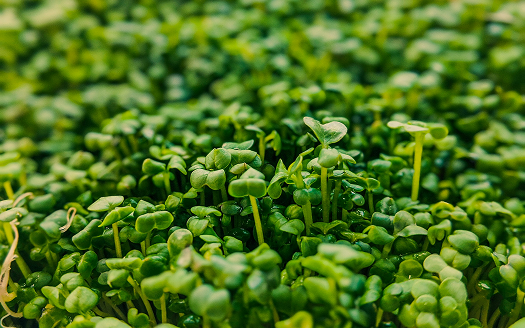Manish Kumar Patel Westchester Pelham Blog
Growing Vegetables
Manishkumar Patel, Westchester EHM NY
Introduction:
Growing vegetables is a rewarding and easy-to-sustain hobby. Here’s a guide on how to start a vegetable garden with a few essential steps.
Choosing the Right Location
Ensure your garden gets at least six to eight hours of sunlight — this is key to helping your vegetables thrive.
Planning Your Garden
Select vegetables suited to your local climate and growing season. Start with easy-to-grow varieties like tomatoes, peppers, lettuce, and radishes.
Preparing the Soil
Healthy soil is important! That means good nutrients and proper texture. Avoid soil with too much clay or sand. Amend it with organic matter (like compost or aged manure) to improve fertility, structure, and drainage.

Planting Your Vegetables
Healthy soil is important! That means good nutrients and proper texture. Avoid soil with too much clay or sand. Amend it with organic matter (like compost or aged manure) to improve fertility, structure, and drainage.
Choosing the Right Location
Successful vegetable gardening starts with choosing the right location. Your garden should receive at least 6-8 hours of direct sunlight daily. A location with good drainage and rich, loose soil is ideal for healthy plant growth.
Planning Your Garden
Map out your garden on paper before planting. Consider the types of vegetables you want to grow and the space they require. Group similar plants together and think about crop rotation for future planting seasons.

Preparing the Soil
Use compost and organic matter to enrich the soil before planting. Tilling the soil and ensuring a balanced pH will help create an environment where vegetables thrive. Conducting a soil test can offer insights into what nutrients may be lacking.
Planting Techniques
Follow seed packet instructions for planting depths and spacing. Water regularly, especially during dry spells, and mulch around plants to retain moisture and prevent weeds. Support vining plants with stakes or cages.
